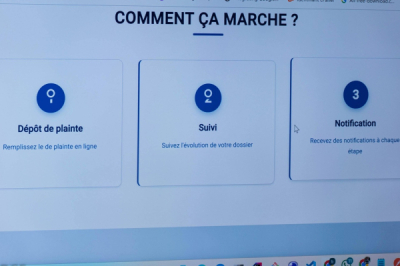Demand for broadband connectivity is growing in Africa. So are the risks of cybercrime. Improving supply while protecting access has become a necessity to ensure the region's development.
The Internet Corporation for Assigned Names and Numbers (ICANN) announced yesterday it will soon deploy two root server clusters in Africa. One is confirmed to be installed in Kenya. The two technical infrastructures will allow Internet queries from Africa to be processed locally, without depending on networks and servers located in other parts of the world. It will also improve network quality by reducing latency throughout the region.
According to the international non-profit organization - which coordinates the domain name system and plays a key role in maintaining a global, interoperable and secure Internet – the clusters “will reduce the time it takes for a website to load, particularly when there are spikes in Internet usage. This will bring immediate benefits for everyday Internet users across the continent.”
The root servers will also reduce the impact of a potential cyberattack on the continent. Distributed denial of service (DDoS) cyberattacks aim to overwhelm servers with a flood of queries. The technical infrastructure will allow for greater bandwidth and data processing capacity, reducing the risk of Internet downtime due to a cyber-attack.
ICANN's investment in Africa is part of the ambitions of the Partner2Connect digital coalition launched on September 20, 2021, by the International Telecommunication Union (ITU). The goal is to drive meaningful connectivity and digital transformation globally in line with the African Digital Transformation Strategy (2020-2030).
Currently, only 33% of the African population has access to the Internet, according to ITU. With the digital transformation accelerating and inducing high Internet consumption, the Union believes that the rate will increase rapidly in the coming months.
Muriel Edjo



















